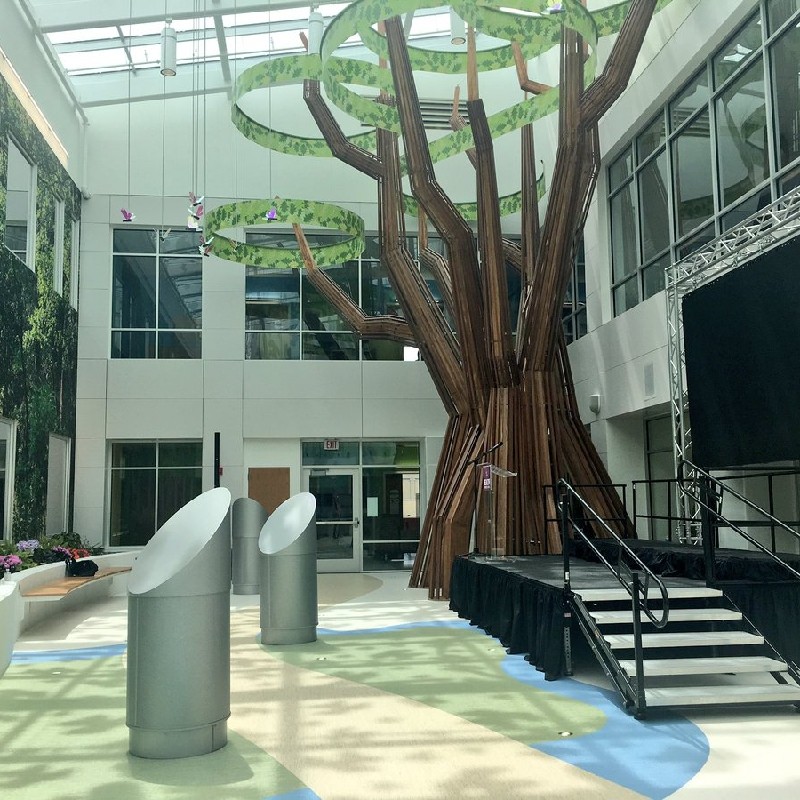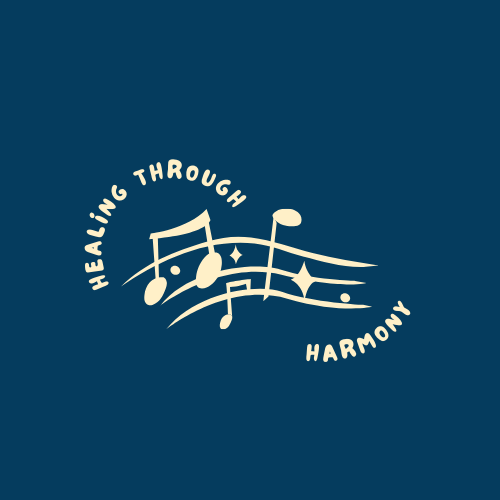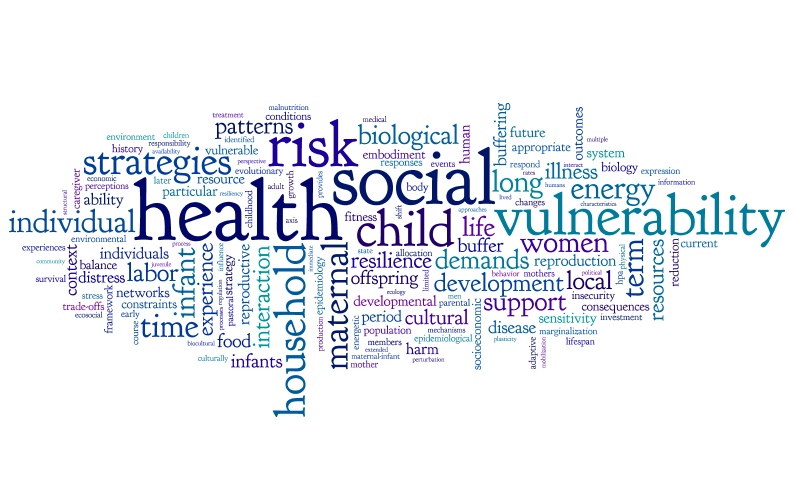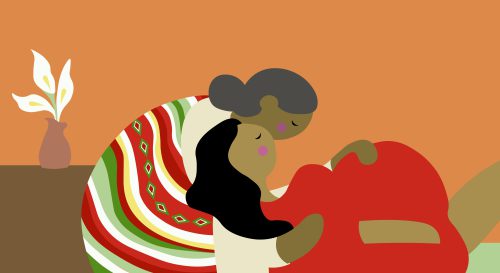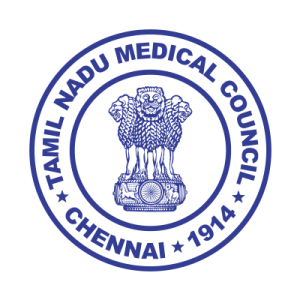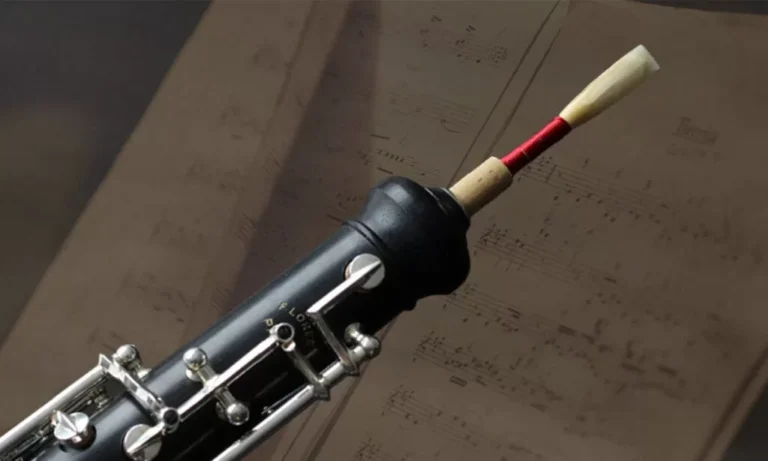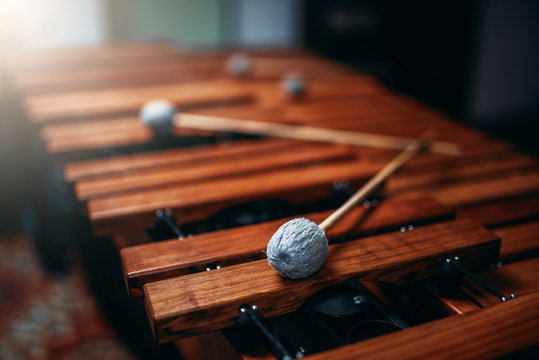Earlier this year, I founded a club named Healing through Harmony. The members are all musicians from my high school, and we put on concerts for the community. I founded this club for two reasons: I wanted to bring a little joy into the daily lives of the community, and because I know how hard it is for high schoolers to find volunteer opportunities they enjoy. By taking their passion, I can provide a volunteering experiencing they love, thus making the concert better for everyone. As we grow bigger, I am looking into turning the club into a non-profit. I want to donate money to charities dedicated towards healthcare. This page will showcase pictures and a brief description of our performances!
Retirement Home
We volunteered at Brentwood Assisted Living and put on a solo showcase, while explaining our instruments and how we got into music!
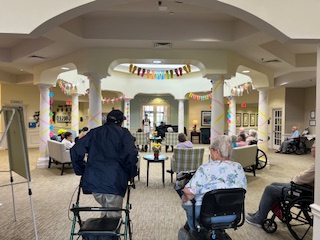
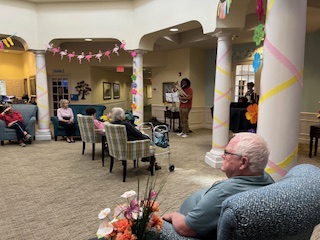
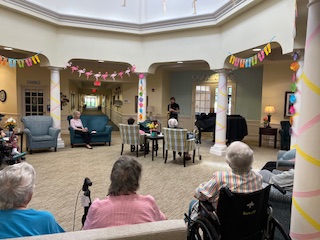
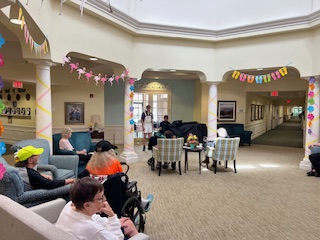
Children's Hospital
We volunteered at Memorial Children’s hospital, where, fortunately, not many children had been admitted. Therefore, we played for passing visitors and any patient well enough to listen in! Unfortunately, we were not able to get photos, but the atrium was beautiful!
